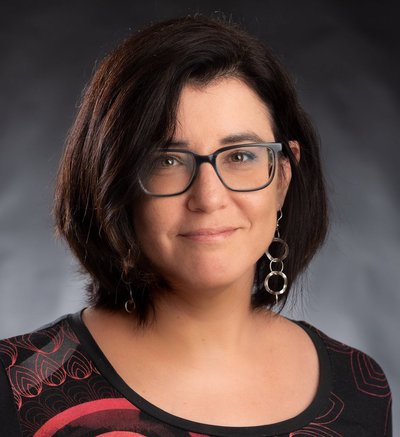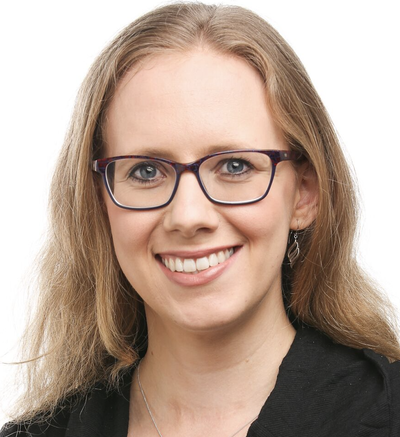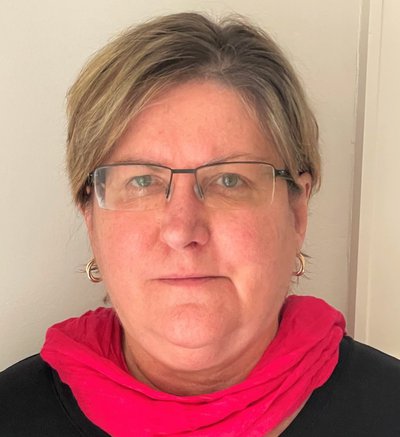Invited Speakers

Dr Claudia Kleiman
Dr Claudia Kleinman is an Assistant Professor in the Department of Human Genetics, Faculty of Medicine, at McGill University, Montreal, Canada. She is a fulltime Investigator at the Lady Davis Institute for Medical Research, an Associate Member of the McGill Centre for Translational Research in Cancer, and a researcher at the Ludmer Centre for Neuroinformatics & Mental Health. Her research exploits genome-wide technologies and data science to understand mechanisms of gene expression. She has an interdisciplinary training that combines molecular biology, computer science, statistics and evolutionary biology, which she applies to the study of pathological transcriptional and RNA processing events, focusing particularly on pediatric brain tumors. She has received awards from the Natural Sciences and Engineering Research Council of Canada, Fonds de la recherche en santé Québec, Canadian Institutes of Health Research and currently holds a career award from the Fond de Recherche Québec-Santé. She is the recipient of the Bernard and Francine Dorval Prize, for her work mapping the development of the human brain at the single cell level to define the origins of pediatric brain tumors.

Dr Rebecca Poulos
Dr Rebecca Poulos is an NHMRC Early Career Fellow, Senior Research Officer in ProCan at the Children’s Medical Research Institute, and Conjoint Lecturer at the University of Sydney. She has expertise in cancer genomics, proteomics and data science. Dr Poulos is using proteogenomics to understand cancer biology, predict drug response and develop methods for large-scale multi-omic data analysis. Prior to this, her research focused on cancer genomics, specifically investigating associations between somatic mutations and DNA repair, methylation and gene expression in cancer.

Dr Geoff Macintyre
Dr Geoff Macintyre leads the Computational Oncology lab at CNIO (Madrid) and is developing approaches to tackle some of the deadliest cancers by targeting the causes of chromosomal instability. Geoff's lab uses single cell sequencing and computational approaches to identify different types of chromosomal instability and match them with targeted therapies. Their focus is on applying this technology at the earliest stages of tumour development in patients to prevent the development of aggressive and difficult to treat cancers.

Kym Berchtenbreiter, Consumer Representative
Following a career in training and marketing, Kym Berchtenbreiter fulfilled a long-term dream and returned to university. Just two months after graduating in 2009, Kym was diagnosed with early breast cancer at age 48. In the 12 years since her diagnosis, Kym works with her husband in their financial services practice and volunteers as a Consumer Representative for the Bioinformatics Division at the Walter and Eliza Hall Institute (WEHI), with Associate Professor Melissa Davis. Kym is also a Consumer Representative for Breast Cancer Network Australia, Breast Cancer Trials, sits on the Australian Breast Density Consumer Advisory Council and is a Cancer Australia grant reviewer.